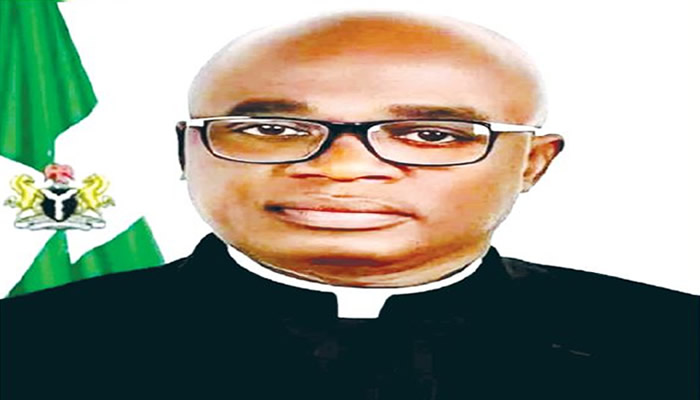The serene landscapes of Benue State, Nigeria, have once again been marred by violence as a series of coordinated attacks by suspected armed herders claimed the lives of at least 55 individuals in Logo and Ukum local government areas. The attacks, which unfolded between Thursday and Friday, targeted communities such as Ugondo in Logo and Tyuluv, Gbagir in Ukum LGs, leaving a trail of devastation and displacement in their wake. Initial reports from the police put the death toll at 17, but a subsequent assessment by Governor Hyacinth Alia revealed the grim reality of a much higher casualty count, with 27 confirmed fatalities in Logo and another 28 in Ukum. The governor, during his visit to the affected communities, described the situation as a “real war” requiring immediate and decisive action.
The attacks, characterized by their coordinated nature and brutality, underscore the persistent security challenges facing Benue State. The suspected involvement of armed herders points to a long-standing conflict between farmers and herders over land and resources. This recurring violence has inflicted immense suffering on the local population, forcing thousands to flee their homes and seek refuge in internally displaced persons (IDP) camps. The attacks have not only resulted in the loss of life but have also disrupted livelihoods, destroyed property, and created a climate of fear and insecurity.
Governor Alia’s on-the-spot assessment provided a firsthand account of the devastation. He witnessed the grim aftermath of the attacks, met with grieving families, and listened to their accounts of loss and suffering. His declaration that the state is facing a “real war” reflects the gravity of the situation and the urgent need for a comprehensive response. The governor’s pledge to cover burial and medical expenses for the victims offers a small measure of solace to the affected communities. However, the root causes of the conflict must be addressed to prevent further bloodshed and displacement.
The security agencies, despite their efforts to maintain peace and protect communities, appear to be overwhelmed by the escalating violence. The governor’s call for federal government assistance highlights the need for increased resources and support to bolster security operations and address the underlying drivers of the conflict. The scale of the attacks and the high number of casualties underscore the urgent need for a coordinated and multifaceted approach involving security forces, community leaders, and government agencies at all levels.
The affected communities, now deserted, bear witness to the human cost of the conflict. Residents, fearing for their lives, have fled their homes, seeking refuge in IDP camps in Zaki-Biam and Ugba. These camps, often overcrowded and lacking basic amenities, provide a temporary haven but offer little hope for a return to normalcy. The displacement of these communities represents a significant humanitarian crisis, requiring urgent intervention to provide shelter, food, medical care, and other essential services.
The recurring violence in Benue State highlights the complex interplay of factors fueling the conflict between farmers and herders. Competition for land and resources, exacerbated by climate change and population pressures, has created a fertile ground for conflict. The proliferation of small arms and light weapons further complicates the situation, enabling armed groups to perpetrate violence with impunity. Addressing these underlying issues requires a long-term strategy focused on sustainable resource management, conflict resolution, and community development. Furthermore, strengthening law enforcement and judicial mechanisms is crucial to hold perpetrators accountable and deter future violence. The international community also has a role to play in supporting the Nigerian government’s efforts to address this complex and deeply rooted conflict, ensuring that the victims receive the necessary assistance and that those responsible for the violence are brought to justice.














